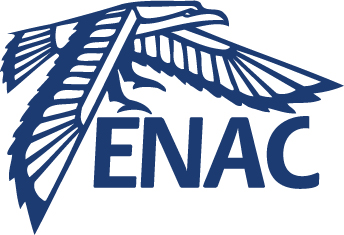Skill, Rule and Knowledge - based Behaviour Detection by Means of ATCOs’ Brain Activity
Résumé
The aim of this work was to test a neuro-physiological methodology able to discriminate the Skill (S), Rule (R) and Knowledge (K) based cognitive control levels of Air-Traffic-Controllers’ performing realistic traffic management tasks . The three categories of human behaviours have been associated to specific cognitive functions (e.g. attention, memory, decision making) already investigated with Electroencephalography (EEG) measurements. A link between S-R-K behaviours and expected frequency bands configurations has been hypothesized. Eventually, specific events have been designed to trigger S, R and K like behaviours and then integrated into realistic Air Traffic Management (ATM) simulations. A machine-learning algorithm has been used to differentiate the three different levels of cognitive control by using brain features extracted from the EEG rhythms of different brain areas, that is, the frontal theta and the parietal alpha activities. Twelve professional Air-Traffic-Controllers (ATCOs) from the École Nationale de l’Aviation Civile (ENAC) of Toulouse (France) have been involved in the
study. The results showed that the algorithm was able to differentiate with high discrimination accuracy (AUC > 0.7) the
three S-R-K cognitive behaviours during simulated air-traffic scenarios in an ecological ATM environment
| Origine | Fichiers produits par l'(les) auteur(s) |
|---|
